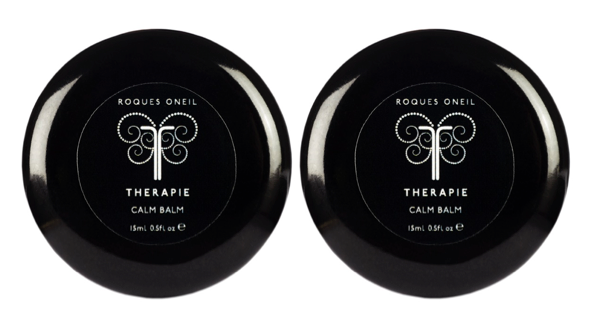
The use of spirituality and the occult in beauty products is a new feature in the global organic personal care market, which is expected to exceed $25 billion by 2025. The New York Times Style Magazine (August 20) reports that “It is no longer enough to employ pesticide-free ingredients—these days, products should have superpowers, too. Many companies are concocting formulas to offset the radiation allegedly emitted by technological devices, while others promote oils that don’t just moisturize the skin, but also feed the soul.” Alice Gregory writes that while this “surge of half-mystic, half-homespun enlightened grooming products may seem new,” the trend harkens back to such esoteric thinkers and practitioners as Rudolph Steiner, who taught that every organic thing had a life force. In the 1920s, with the help of other scientists, Steiner founded a lab that produced natural cosmetics based on this principle.
By the 1980s, the “idea of a beauty product having to be also responsible for one’s spiritual health was relegated to the fringe, replaced by the aspirational promise of sterile, lab-born solutions,” Gregory adds. She adds that concerns about the degradation of the earth have romanticized nature. The factory of the British beauty company Ila displays this concern as it plays Eastern chants over loudspeakers designed according to sacred geometry, as specified by a Vastu priest. Also in the English countryside, the company de Mamiel sells different facial oils for the different seasons to attune the “skin and the soul.” Therapie Roques ONeil makes a “chakra-restoring balm”—a “potion”—which “creates a vital yet protective veil that helps you regain an inner sense of self.” 